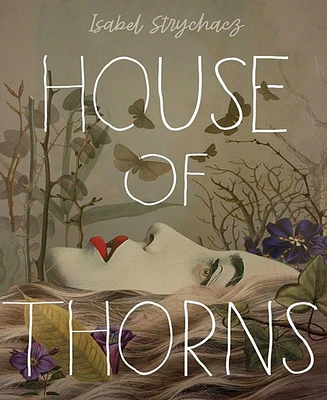Home
Unreal Houses: Character, Gender, and Genealogy in the
Loading Inventory...
Barnes and Noble
Unreal Houses: Character, Gender, and Genealogy in the
Current price: $68.00


Barnes and Noble
Unreal Houses: Character, Gender, and Genealogy in the
Current price: $68.00
Loading Inventory...
Size: OS
*Product Information may vary - to confirm product availability, pricing, and additional information please contact Barnes and Noble
The
Tale of Genji
(ca. 1008), by noblewoman Murasaki Shikibu, is known for its sophisticated renderings of fictional characters’ minds and its critical perspectives on the lives of the aristocracy of eleventh-century Japan.
Unreal Houses
radically rethinks the
Genji
by focusing on the figure of the house. Edith Sarra examines the narrative’s fictionalized images of aristocratic mansions and its representation of the people who inhabit them, exploring how key characters in the
think about houses in both the architectural and genealogical sense of the word.
Through close readings of the
and other Heian narratives,
elucidates the literary fabrication of social, architectural, and affective spaces and shows how the figure of the house contributes to the structuring of narrative sequences and the expression of relational nuances among fictional characters. Combining literary analysis with the history of gender, marriage, and the built environment, Sarra opens new perspectives on the architectonics of the
and the feminine milieu that midwifed what some have called the world’s first novel.
Tale of Genji
(ca. 1008), by noblewoman Murasaki Shikibu, is known for its sophisticated renderings of fictional characters’ minds and its critical perspectives on the lives of the aristocracy of eleventh-century Japan.
Unreal Houses
radically rethinks the
Genji
by focusing on the figure of the house. Edith Sarra examines the narrative’s fictionalized images of aristocratic mansions and its representation of the people who inhabit them, exploring how key characters in the
think about houses in both the architectural and genealogical sense of the word.
Through close readings of the
and other Heian narratives,
elucidates the literary fabrication of social, architectural, and affective spaces and shows how the figure of the house contributes to the structuring of narrative sequences and the expression of relational nuances among fictional characters. Combining literary analysis with the history of gender, marriage, and the built environment, Sarra opens new perspectives on the architectonics of the
and the feminine milieu that midwifed what some have called the world’s first novel.

















